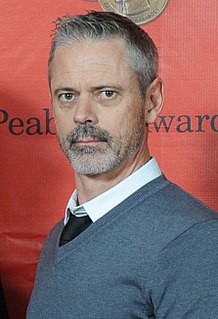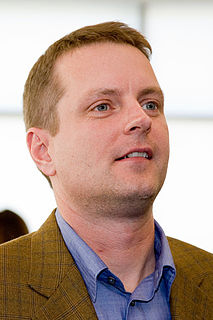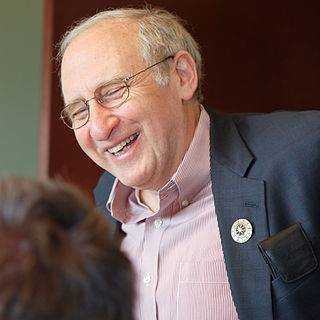A Quote by Susan Wojcicki
Advertising is very simple in a lot of ways. Advertisers go where the users go, and users are choosing to spend a lot more time online.
Related Quotes
To be a good director, you have to spend a lot of time on actual sets, but today, there's a lot of people who spend a lot of time in dark rooms writing a script, and they'll go in and tell the story to some suit at a studio who says, 'Okay, this is great, let's go.' But that doesn't necessarily mean you know what to do once you're on set.
There isn't a single government agency that can't function. There's more money in this federal government, there's more money allocated than these people can possibly spend. They have to concoct asinine ways to spend it, like advertising for new food stamp users. I've gotten to the point, I'm just so righteously indignant and offended at the very idea that our government could ever run out of money when we've got a printing press, for crying out loud. Printed three and a half trillion dollars over seven years and flooded Wall Street with it.
Developing fewer features allows you to conserve development resources and spend more time refining those features that users really need. Fewer features mean fewer things to confuse users, less risk of user errors, less description and documentation, and therefore simpler Help content. Removing any one feature automatically increases the usability of the remaining ones.
































